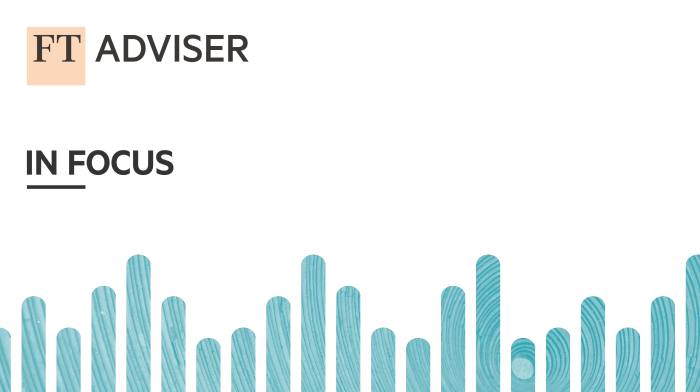
Advisers have been forced to adapt clients' investment strategies over the past couple of years as a result of the pandemic.
Speaking on the latest FTAdviser In Focus podcast, Jessica Ayres, financial consultant for Timothy James & Partners, said: "When did we ever think that we could only go out once a day, or our businesses would be shut down or we would become teachers?
"It has been such a change for people and we have had to adapt portfolios.
"People have had to turn their pension contributions off, or have had to defer their VAT payments – all these changes have affected clients and therefore advisers have had to be adaptive with clients and really hold their hands."
She said when the markets crashed in March 2020, this educated clients as to how markets can behave. But now, with inflation rearing its head, clients need to understand that the old structures of portfolio construction may no longer be appropriate.
Tony Stenning, chief executive at Catley Lakeman May and Atlantic House Investments, agreed that the old buy-and-hold, 60/40 equity to bond portfolio construction cannot work any more for many clients.
He said: "The world has changed so much. The ability to hold the hand of the client for longer is so important now. People do not understand what is volatility, what is the risk? The client needs to know whether they are really trying to beat the FTSE or are they looking to achieve what equities have tended to deliver for them – 7 to 8 per cent over the long term.
"Can they do that with more certainty and how can advisers help them achieve a particular goal – whether retirement, or for the grandchildren or children. The concept of 'one and done' [with investment portfolios] has been removed."
Joining them on the podcast was Symon Stickney, chief executive of digital investment specialist Collidr. He said the key was to have a "disciplined, rigorous process" that could adapt to any condition changes.
He commented: "The key to [the wider adoption of technology-based investment solutions] is transparency. We need to give customers comfort to see what drove a decision.
"Investors are generally taking larger and larger risks in the market, whether passively or actively. Whether the fear of missing out or behavioural biases, or the greed factor... there is genuine appetite for more risk without perhaps a true understanding of the statistical aspects of the downsides.
"It is the classic kind of bull market cycle behaviour, and investors seem to reach that point where if anything goes wrong, they think government and central banks are going to bail them out."
But when that intervention stops happening, investors will need to understand what this means for future gains – and for future market risk. And this is where, again, a specialist investment adviser can help guide clients to making more sensible, long-term investment decisions.





